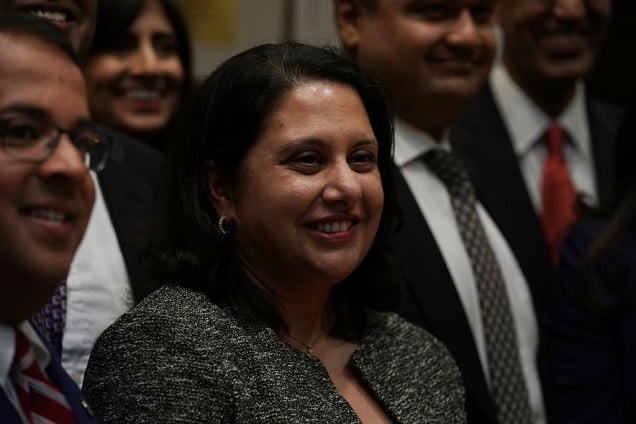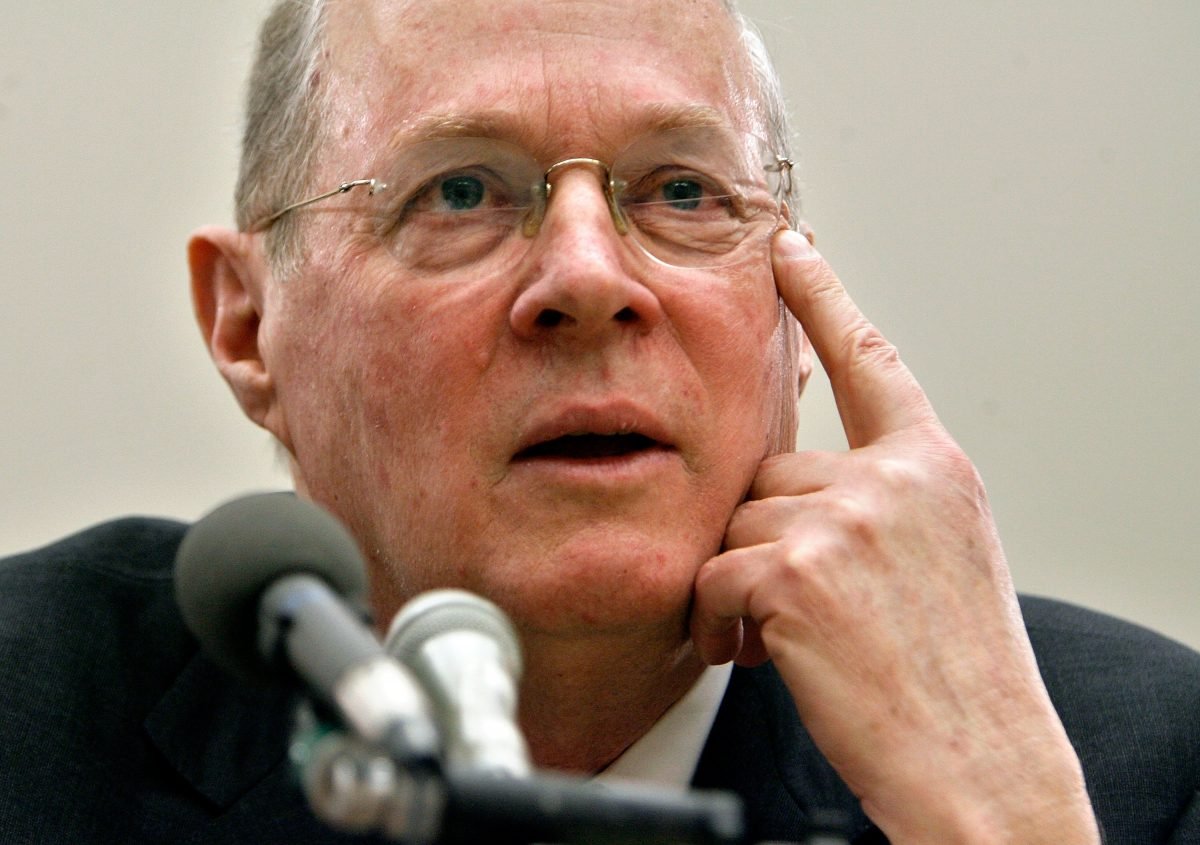
Morning Docket: 07.17.19
* A divided House of Representatives voted to “strongly condemn[] President Donald Trump's racist comments” that were recently lodged against four Democratic congresswomen of color “that have legitimized and increased fear and hatred of new Americans and people of color.” [NBC News] * Plaintiffs in the census citizenship case are seeking sanctions against the Department of Justice for committing “fraud on the court” after allegedly hiding the truth about the case’s origins during trial. This should be interesting, considering the Supreme Court seemed to agree... [Reuters] * Which Biglaw firms are playing host to 2020 Democratic presidential candidates? Quite a few, actually! From Milbank to Kirkland to Paul Weiss, these politicians are getting cozy with their future lawyers. [American Lawyer] * Philadelphia District Attorney Larry Krasner has Pennsylvania Supreme Court to declare the death penalty unconstitutional because he claims it’s arbitrary and racially biased. [Philadelphia Inquirer] * Salary news you can use: If you’ve got a law degree and you work in a compliance role, you can expect to make more money than your colleagues without JDs at each and every stage of your career. [Corporate Counsel] * Retired Justice John Paul Stevens, the former leader of the liberal wing of the Supreme Court, RIP. [New York Times]
















